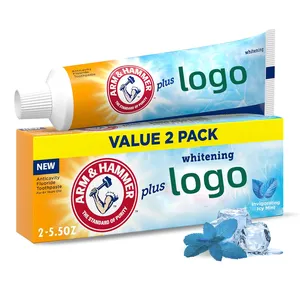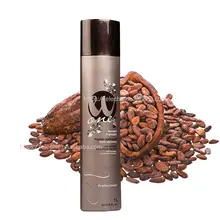Toothpaste, a critical component in the daily oral hygiene routine, is a gel or paste used with a toothbrush to clean and maintain the health of teeth. It serves multiple purposes, from cleaning teeth and freshening breath to preventing tooth decay and gum disease. The history of toothpaste dates back to ancient civilizations, but the modern version known today has evolved over the past century. The formulation of toothpaste varies greatly, with numerous types designed to cater to a variety of oral health needs.
Different types of toothpaste
A range of toothpaste types are available in the market, each formulated to address specific dental needs. One such type is charcoal toothpaste. It is derived from a fine black powder made from bone char, coconut shells, peat, petroleum coke, coal, olive pits, or sawdust, and charcoal toothpaste has gained popularity for its purported whitening properties. However, its abrasive nature can potentially harm tooth enamel if used excessively.
Toothpaste without sodium lauryl sulfate (SLS) is another type that has gained traction recently. SLS is a common ingredient in many personal care products, including toothpaste, for its foaming properties. However, some individuals may have an allergic reaction to SLS, leading to mouth sores or canker sores. Therefore, SLS-free toothpaste is a suitable alternative for those with such sensitivities. Fluoride, a naturally occurring mineral, has been a standard ingredient in toothpaste for decades due to its proven effectiveness in preventing tooth decay. However, there is a growing demand for toothpaste without fluoride, primarily driven by those who prefer natural or holistic oral care products or have concerns about the potential health risks associated with excessive fluoride consumption.
Advantages of toothpaste
Toothpaste offers several benefits, with different types catering to specific dental needs. Hydroxyapatite toothpaste, for instance, is gaining attention for its potential to remineralize teeth. Hydroxyapatite is a mineral that makes up the majority of tooth enamel, and using toothpaste containing this ingredient may help strengthen and protect teeth. Sensitive teeth toothpaste is another type designed for individuals with sensitive teeth. This type of toothpaste typically contains ingredients like potassium nitrate or strontium chloride, which can help block the transmission of pain signals from the tooth surface to the nerve, providing relief from sensitivity. Natural toothpaste is another option that has gained popularity, particularly among those seeking a more holistic approach to oral care. These toothpastes often exclude synthetic ingredients and instead use ingredients derived from natural sources. They may also exclude potentially harmful ingredients, such as SLS and fluoride.












































 浙公网安备 33010002000092号
浙公网安备 33010002000092号 浙B2-20120091-4
浙B2-20120091-4